6, October 2018
Southern Cameroons Crisis: Manyu Advisory Council Chairman vows to work with the IG 0
Accept my revolutionary greetings this morning, in the spirit of love, cooperation, unity and understanding, in the name of our long abandoned Manyu and her suffering and subjugated citizens.
I sincerely thank all who have conveyed congratulatory messages to me, publicly and privately, on my being called to be head servant of Manyu and driver of the bus of our collective destiny in this most trying times in the history of our fatherland. I also thank those who receive news of my election by the MAC differently, for they also have the interest of Manyu at heart.
Manyu has many bright, talented and capable minds. Many out there are far smarter and more capable than me to serve in this capacity. Unfortunately there can be only one leader at a time. Incidentally that onerous responsibility has fallen on my shoulders at this time. The task of taking our darling Manyu to her rightful place at the committee of counties and/or zones/regions in the current and future dispensations is too much to be carried by one head. That’s why I’m calling upon every Manyu son and daughter to bring in their respective skill sets, experience and other resources to the table. Our tent is wide enough to accommodate everybody, every idea and suggestion.
I specially thank the able men and women of MAC, other Manyu groups, and freelance citizens, for working hard to protect and defend the interests of Manyu at all times. I also thank our wonderful Amazons serving our hugely successful Manyu Health Project, Manyu Capital Ventures, as well as others. I thank all those who have contributed and are still contributing to the purse of the Manyu project. May the Good Lord reward you abundantly.
It is my intention to work closely with the Interim Government (I/G) its ancillary organs, and all who stand for the progress and emancipation of our long subjugated and suffering people and land. You shall expect a more comprehensive policy position of my administration in the coming days. As I said before, your ideas and input are welcome. Together we shall get there.
Long Live Manyu
Long Live Southern Cameroons
Sisiku Dr Ako Peter
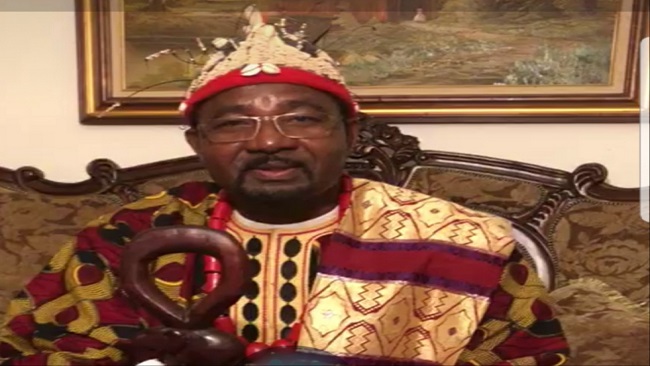

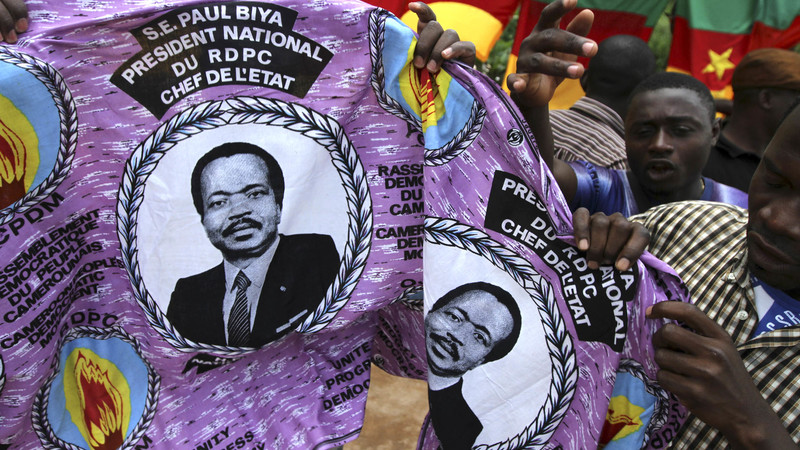
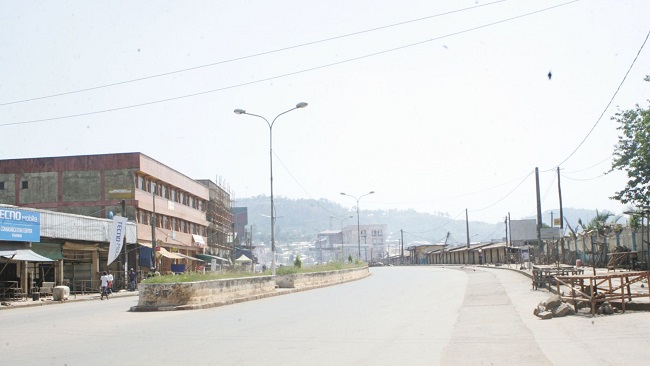


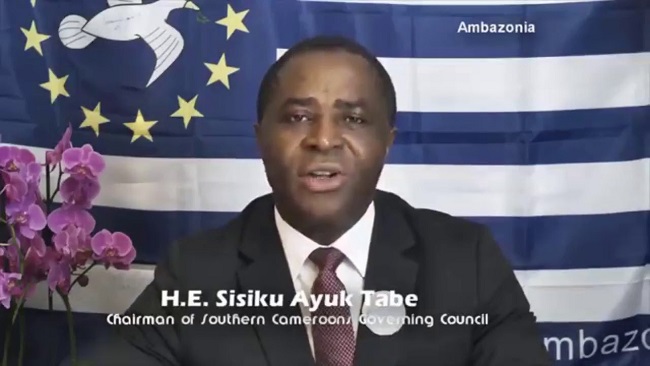
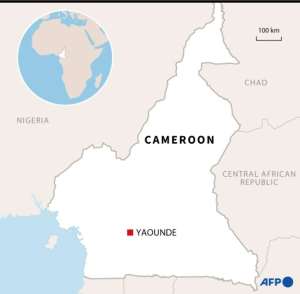
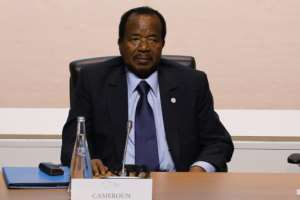



















7, October 2018
PANIC WITHIN CPDM: EXIT POLLS TRIGGER PLAN B 0
CPDM OFFICIALS ARE HAVING A TOUGH TIME. THEIR BREAD AND SARDINE APPROACH DURING THE CAMPAIGNS IS NOT DELIVERING THE DESIRED RESULTS.
ACCORDING TO A SOURCE WITHIN THE PARTY, JEAN KUETE AND HIS COLLABORATORS ARE ALL HAVING BUTTERFLIES IN THEIR STOMACHS.
DESPITE HUGE AMOUNTS SPENT ON CAMPAIGNS BY THE RULING PARTY, EXIT POLLS ARE CLEARLY INDICATING THAT THE CPDM CANDIDATE IS, ON THE WHOLE, STRUGGLING.
A SOURCE AT THE UNITY PALACE HAS INDICATED THAT THERE IS PANIC IN THE HOUSE. THE EXPECTED LANDSLIDE VICTORY IN THE CENTER AND SOUTH REGIONS IN FAVOR OF THE INCUMBENT IS TURNING INTO A NIGHTMARE.
THE SOURCE HAS ALSO INDICATED THAT THE PHONES ARE OFF THE HOOK AS EXIT POLLS ARE DELIVERING BAD NEWS TO THE RULING PARTY.
ACCORDING TO THE CAMEROON INTELLIGENCE REPORT EXIT POLLS, MAURICE KAMTO IS LEADING IN THE FAR NORTH, LITTORAL, WEST AND CENTRE REGIONS.
HE IS CLOSELY FOLLOWED BY JOSHUA OSIH AND CABRAL LIBII WHILE PAUL BIYA IS AT A DISTANT FOURTH POSITION.
MEANWHILE PAUL BIYA IS LEADING IN THE SOUTH WEST, NORTH WEST WHERE ONLY GOVERNMENT TROOPS ARE VOTING.
NO CIVILIANS ARE VOTING IN THOSE REGIONS AS THERE ARE INTENSIVE GUN BATTLES BETWEEN SEPARATISTS AND GOVERNMENT TROOPS.
BIYA IS ALSO LEADING IN THE SOUTH PROVINCE. HE IS NECK AND NECK WITH CABRAL LIBII IN THE EAST WHICH IS NOT A POPULATED REGION.
ACCORDING TO THE EXIT POLLS, MAURICE KAMTO OR JOSHUA OSIH WILL BE THE NEXT EAST CAMEROON PRESIDENT IF THE CONSTITUTIONAL COUNCIL DOES NOT DOCTOR THE DOCUMENTS.
CAMEROON CONCORD NEWS GROUP HAS REPORTERS IN ALL THE REGIONS AND THEY ARE INTERVIEWING VOTERS AFTER THEY HAVE CAST THEIR BALLOTS.